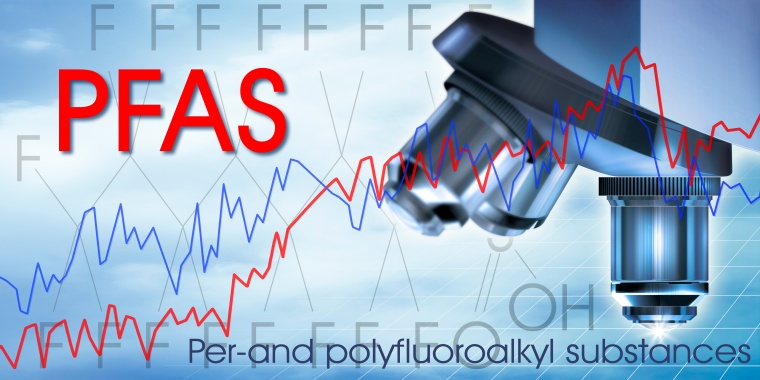ECHA Receives a Large Number of Comments on PFAS Restriction Proposal
Per- and polyfluoroalkyl substances (PFAS) are a large group of industrial chemicals that are used in numerous industrial processes and consumer products due to their special technical properties. PFAS are difficult to degrade and are detectable in the environment, food chain and humans. Therefore, these substances are also known as "forever chemicals."
In February this year, the European Chemicals Agency (ECHA) published a proposal to ban the manufacture, use and placing on the market (including import) of the entire group of PFAS. The restriction proposal was prepared by authorities in Denmark, Germany, the Netherlands, Norway and Sweden.
At the end of the consultation period, which ran from Mar. 22 to Sep. 25, 2023, ECHA said that it had received more than 5,600 comments from more than 4,400 organizations, companies and individuals on the proposal to restrict PFAS in the European Economic Area.
The comments will be checked by ECHA's scientific committees for Risk Assessment (RAC) and Socio-Economic Analysis (SEAC), and those providing relevant evidence-based information will be considered in the opinion making process.
The five countries who prepared the initial proposal will also review the consultation input and may update their initial proposal based on it.
ECHA said that many comments submitted during the consultation are already published on the organization’s website. Comments received very close to the deadline are currently being processed and will be published shortly.
According to ECHA, RAC and SEAC are evaluating the proposed restriction and considering the relevant information received through the consultation. The committees develop their independent, scientific opinions over a series of meetings, where draft opinions are discussed. Attention will be given to all aspects and impacted sectors.
ECHA plans to deliver the final opinions to the European Commission in the shortest possible timeframe, while ensuring proper scrutiny by the scientific committees. Once the committees adopt their opinions, they will be communicated to the public.
The Commission, together with the EU Member States, will then decide on the restriction.


















